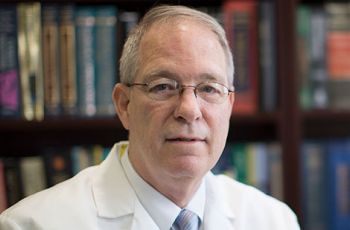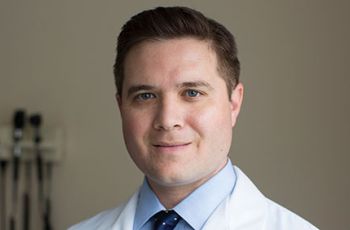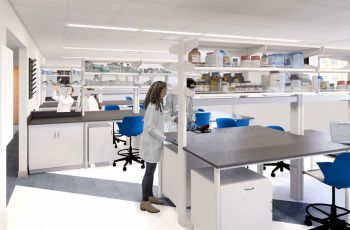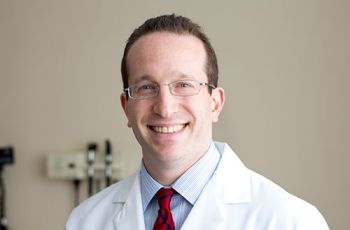News Archive
David Parenti, MD, director of the GW Traveler's Clinic and professor of medicine, spoke to National Geographic for an article on how to avoid getting sick on a cruise ship.
Physician-researchers at the George Washington University published a review suggesting that telehealth interventions are associated with improved obstetric outcomes.
The outcomes for patients in their 80s who received carotid endarterectomy (CEA) surgery to reduce the risk of stroke are comparable to those of younger patients, according to a study by George Washington University (GW) researchers published in the Journal of Vascular Surgery.
Research from the George Washington University has found that apolipoprotein A-I binding protein restricts HIV-1 replication by targeting lipid rafts and reducing virus-cell fusion.
Christina Puchalski, MD ’94, RESD ’97, founding director of GWish, and colleagues at GW, received international attention for their innovative training for professionals in the often-neglected area of spiritual care.
In an “Ask the Expert” article published in FOCUS: The Journal of Lifelong Learning in Psychiatry, James Griffith, MD, provides guidance on how health care professionals can connect with remote and underserved populations.
More than 30 years after completing her residency at the George Washington University (GW) School of Medicine and Health Sciences (SMHS), Barbara L. Bass, MD, RESD ’86, returned to her Foggy Bottom roots filled with optimism for the future of the school and its partners.
A. Yasmine Kirkorian, MD, assistant professor of dermatology, spoke to The New York Times for an article discussing how parents can treat eczema in their children.
The George Washington University (GW) School of Medicine and Health Sciences (SMHS) is investing $3.9 million to convert 13,500 square feet of lab space in Ross Hall into state-of-the-art research facilities.
A new survey from dermatology and emergency medicine researchers at GW suggests that the dermatology community is inadequately prepared for a biological disaster and would benefit from a formal preparedness training program.








